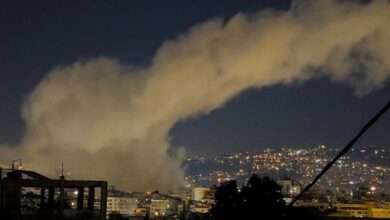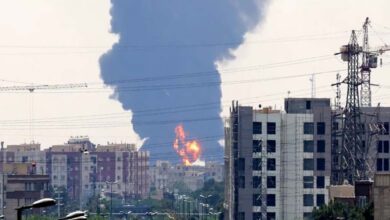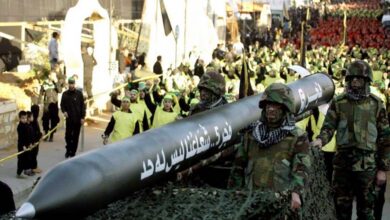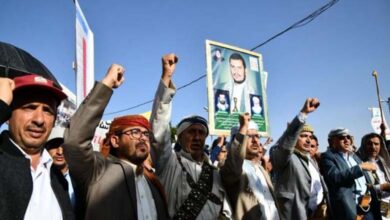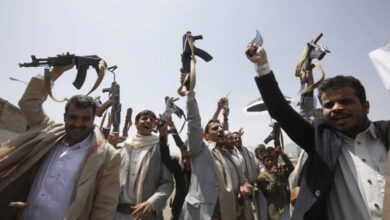The Iraqi parliament approves the budget after months of disagreements
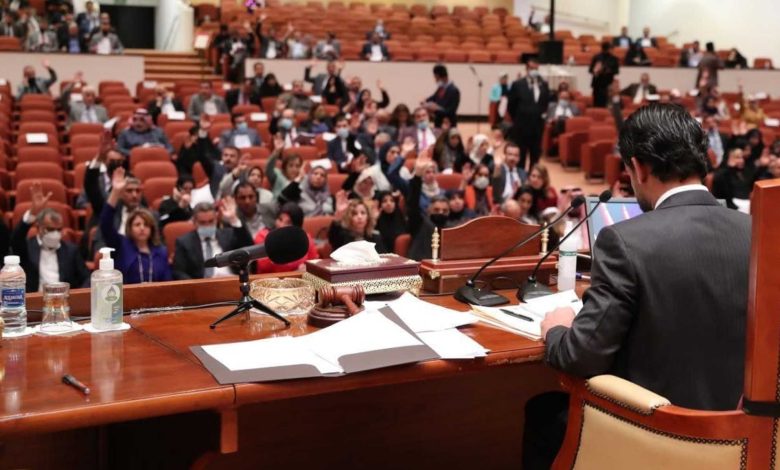
The Iraqi Council of Representatives approved at dawn Monday a three-year financial budget with high expenditures and investments driven by an increase in oil prices, and which gives Baghdad more control over the oil file in the Kurdistan region. This comes after sharp disagreements between political forces that lasted for months.
“The law, which should cover three years, was approved by parliament in 2023, 2024 and 2025, nearly three months after the government lifted the budget bill.” The proposed expenditures in the new budget are estimated at 198 trillion dinars ($153 billion) each year. The share of the autonomous Kurdistan region is 12.67 percent.
Spending on the budget includes investments totaling 49.350 trillion dinars ($37.9 billion), which will go toward building roads, housing projects, schools and hospitals, a “priority” for Sudanese Prime Minister Mohammed Shiyaa al-Sudani in a country whose infrastructure has been severely eroded by years of war.
Total budget revenues are 134 trillion dinars ($103.4 billion), based on the price of $70 per barrel of oil, with oil revenues accounting for 90% of the country’s revenues.
Last month, the International Monetary Fund (IMF) warned of “dependence” on Iraq’s “oil revenues” and called on Baghdad to “formulate a more stringent public finance policy”.
The budget also includes changes related to an agreement reached between Baghdad and Erbil in April to pave the way for the resumption of oil exports from the region via Turkey. Exports have been halted since March, following the decision of an international arbitration panel that gave Baghdad the right to manage the region’s oil file.
Currently, the region’s oil exports must pass through SOMO, the Iraqi Oil Products Marketing Company. The region must “ship crude oil” produced in the fields in the region to the company’s storage facilities, “at least 400,000 barrels per day.”
Revenues from the export of the Territory’s oil should be deposited in a bank account opened by the Federal Ministry of Finance with the Central Bank of Iraq.
Officials in the region have expressed their opposition in recent weeks to amendments to oil-related articles.
However, the Kurdistan Democratic Party (KDP), which dominates the government in Erbil, announced the “approval” of the budget law in the Iraqi parliament in order to allow Kurdish employees’ salaries to be paid by the central government.
The KDP had been locked in an argument with the PUK over a provision in the general budget law that gives the head of the central government in Baghdad the power to decide on the dispute over the rights, mechanisms and obligations to finance and manage the KRG’s financial accounts.


